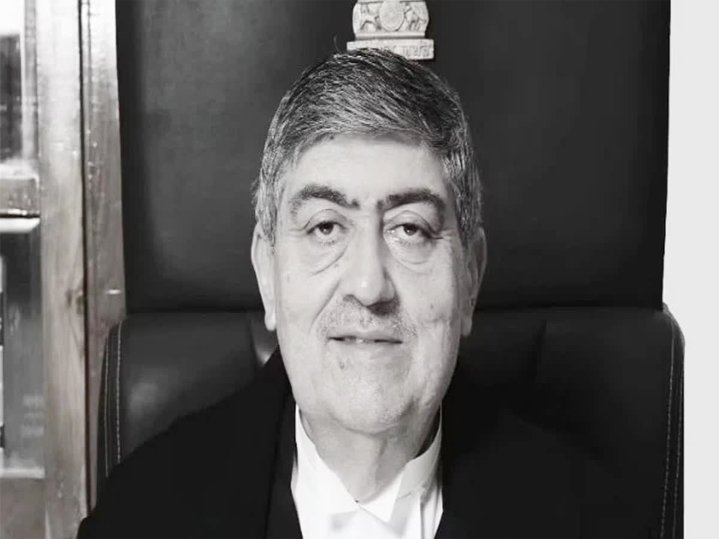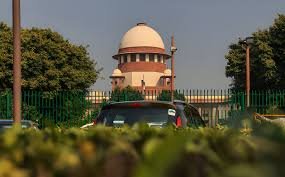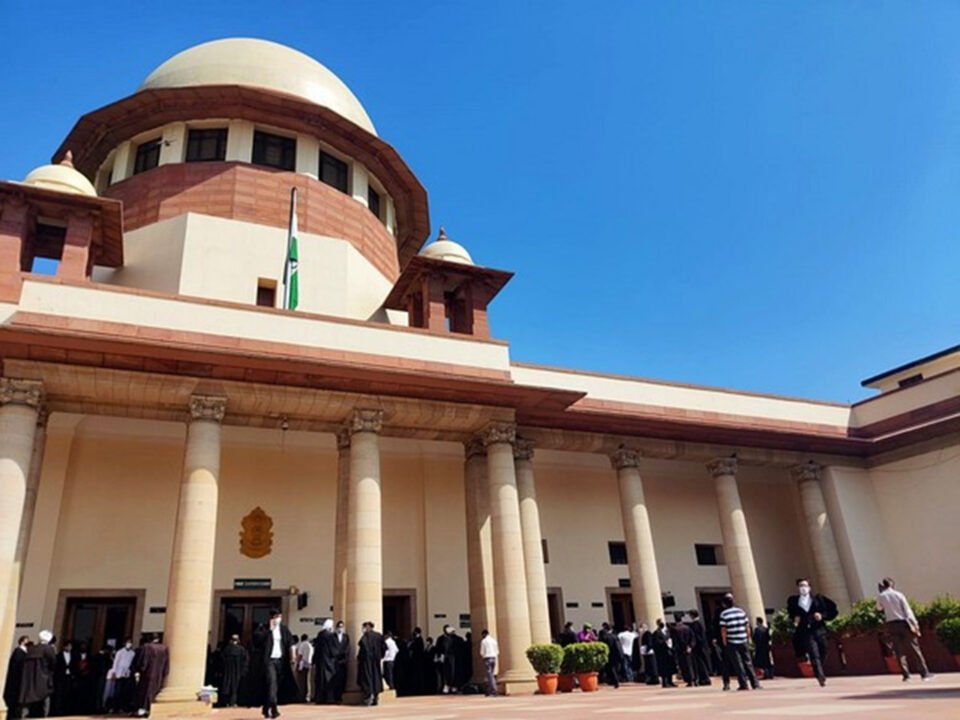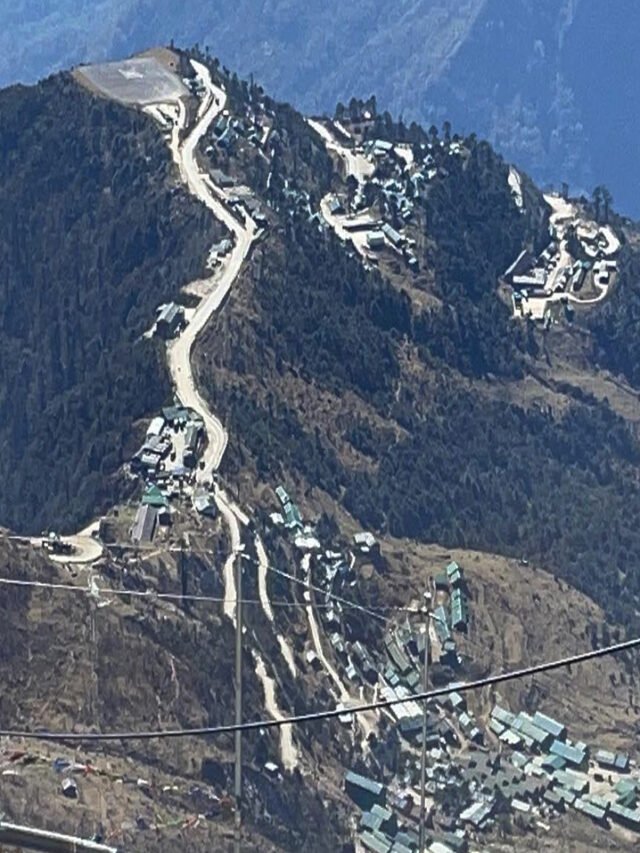NEW DELHI, Dec 29: Former Supreme Court judge Sanjay Kishan Kaul said on Friday the National Judicial Appointments Commission was never given a chance to work, leading to angst in political circles and friction in the working of the collegium system of judges appointing judges to higher judiciary.
The Narendra Modi government, after coming to power in 2014, got enacted the National Judicial Appointments Commission (NJAC) Act. The NJAC, tasked with the responsibility of making judicial appointments, comprised the Chief Justice of India, two senior Supreme Court judges, the union law minister and two other eminent persons nominated by the CJI, the prime minister and the Leader of the Opposition in the Lok Sabha.
However, in October 2015, the Supreme Court had struck down the NJAC Act holding it unconstitutional.
In an interview with PTI, Justice Kaul, who demitted office on December 25, said one has to accept there is a problem with the collegium system and it will be “unrealistic” to say that it is working smoothly.
Justice Kaul, who was part of the top court bench which refused to accord marriage rights to same-sex couples under the existing laws, said the case was not strictly legal but involved social issues, and the government may introduce a law to effectuate such a right to them in future.
“Could NJAC have been dealt differently is a hindsight. Maybe, it could have been kept pending to experiment. It was never given a chance to work. When it was struck down there was angst in political circles that a unanimous decision of Parliament had been struck down like this and the judges are not letting the system change. That has brought some friction in the working of the (collegium) system post the NJAC.
“If people say it (collegium) works smoothly, that would be unrealistic in a sense because that is not a fact. That is reflected by the number of appointments which remain pending. Even till today, certain names which have been recommended, are pending. We have to accept that there is a problem in the system. If we close our eyes to the problem we will not come to a solution. You must acknowledge the problem first and then only you can come up with a solution,” Kaul said.
Justice Kaul, who was a member of the Supreme Court collegium for over a year, said at present the collegium system is the law of the land and it must be implemented as it stands.
“What should be the way forward is very difficult to say. Because the collegium system is the law of the land. So the collegium system, as it stands, must be implemented. If in its wisdom, the Parliament tomorrow says some other system should come in place taking cognisance of a fault found, it is for them to do so, we cannot do so. Therefore, there is a responsibility on us that the existing law is followed,” he said.
Referring to the collegium’s pending recommendations with the government, he said the friction is “reflected” in the number of appointments which remain pending.
The NJAC Act, which was passed in 2014, provided for the procedure to be followed for recommending persons for appointment as the Chief Justice of India, other judges of the Supreme Court, and chief justice and judges of high courts.
Responding to a question about whether delayed disposal of cases amounted to denial of justice to common litigants, he said, “It is so. But what is to be done? Can a judge decide a hundred cases in a day? No…”.
On the issue of judges taking up post-retirement assignments, Justice Kaul said he was not interested in securing one, and the issue should be best left to the discretion of retired judges.
During his tenure of over six years and 10 months as a judge of the apex court, Justice Kaul was part of several landmark judgements including those that held the right to privacy a fundamental right and upheld the Centre’s decision to abrogate Article 370 of the Constitution that bestowed special status on the erstwhile state of Jammu and Kashmir. (PTI)












